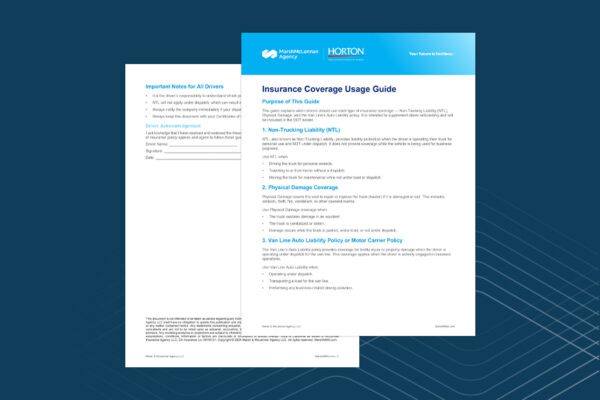How supplemental accident coverage can help control medical costs.
Authored by Paul Shaheen, RHU REBC
There’s an accidental tourist in all of us.
And it often reveals itself when we least expect.
According to the National Safety Council, every ten minutes nearly 800 people suffer injuries severe enough to require medical attention, at a cost of more than $15 million, i.e., $90 million an hour.
Who pays for that, especially in a day and age when more and more employers are moving toward high deductible health plans in an effort to control costs?
Of course, we as consumers do.
Now, should your employee’s injury occur on the job, that’s where workers compensation comes in, but suppose your employee’s injury occurs at home or away from work, will they have the requisite funds to pay for those out of pocket expenses?
Perhaps not, and that’s where accident insurance comes in, and it’s a benefit that’s never been more in demand.
A typical accident plan pays cash benefits to your employees should they incur an off the job injury of any kind, be it a slip and fall, a sports injury, an insect (bee) sting, or even throwing your back out while doing chores at home.
And by helping offset one’s out of pocket medical costs, those cash benefits come in handy, especially when those benefits are tax-free, which they usually are when the plan is offered on an employee paid (voluntary) basis.
That said, some employers, in opting to move to high deductible health plans, have saved so significantly on premiums they’ve offered to pay for their employees’ accident plans themselves.
Further, when accident coverage is coupled with HSA (Health Savings Account) medical plans, accident benefits allow employees to preserve their HSA account balances by tapping their accident benefits first rather than dipping into their HSA account.
If that weren’t enough, consider this: Statistics show that many employers that offer (or pay for) employee accident plans experience a significant reduction in workers compensation claims.
How does that happen? Well, it goes something like this: If an employee suffers an off the job injury which could cost them significant out of pocket expense, that employee might be tempted to claim the injury was the result of work-related activity.
By offering off the job accident coverage, that temptation almost immediately goes away.
One last benefit of accident plans, and perhaps the best yet: Most offer wellness incentives of either $100/200 per person (or per family) per year, which in many cases, makes the plan virtually free, especially for single employees and/or those choosing single coverage. It’s a great way to encourage employees to purchase the plan, and stay healthy as well.
And that’s no accident!
Material posted on this website is for informational purposes only and does not constitute a legal opinion or medical advice. Contact your legal representative or medical professional for information specific to your legal or medical needs.



